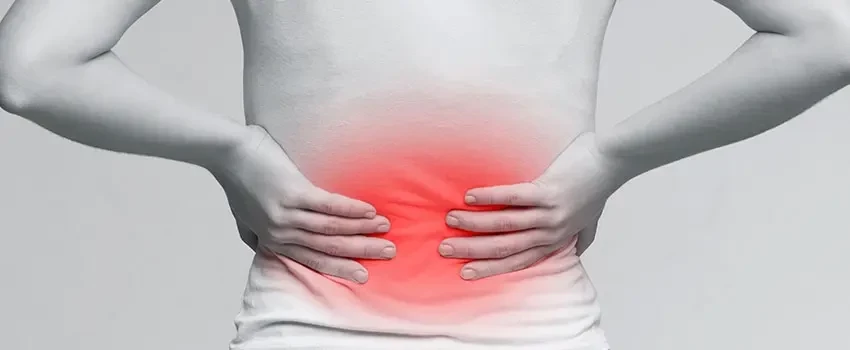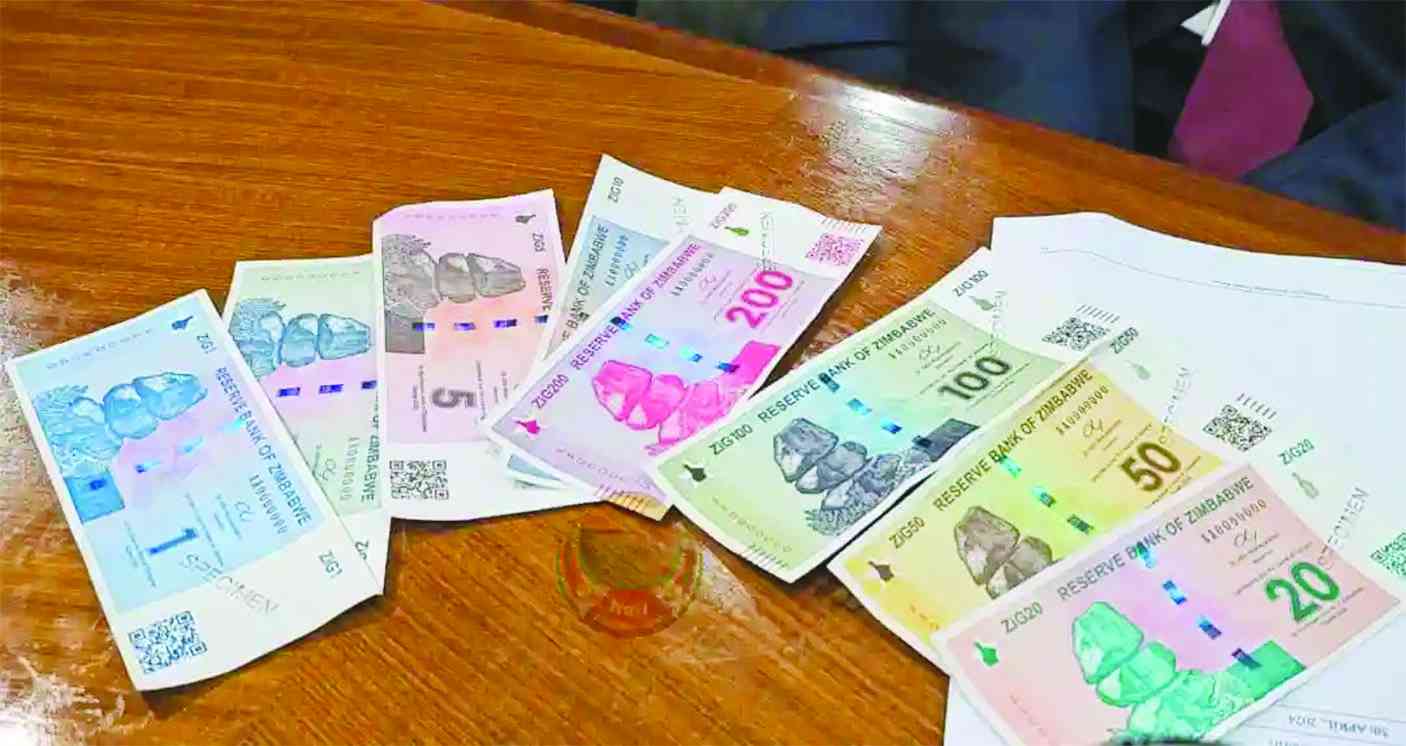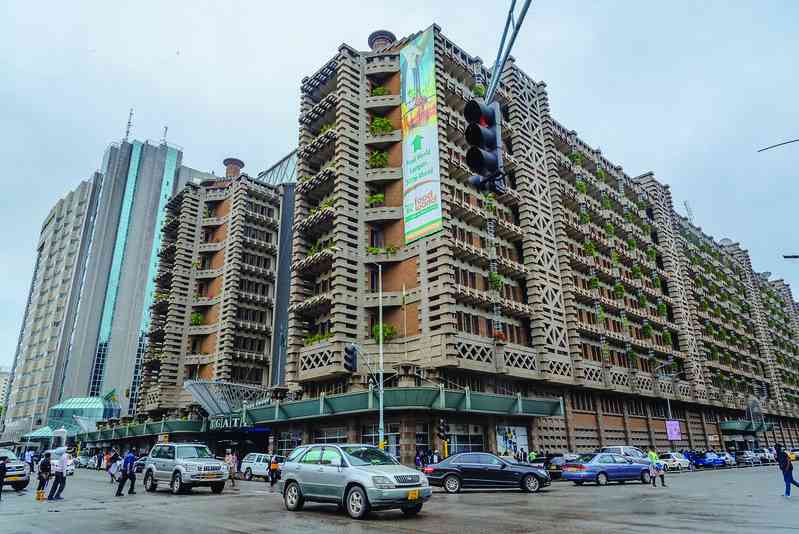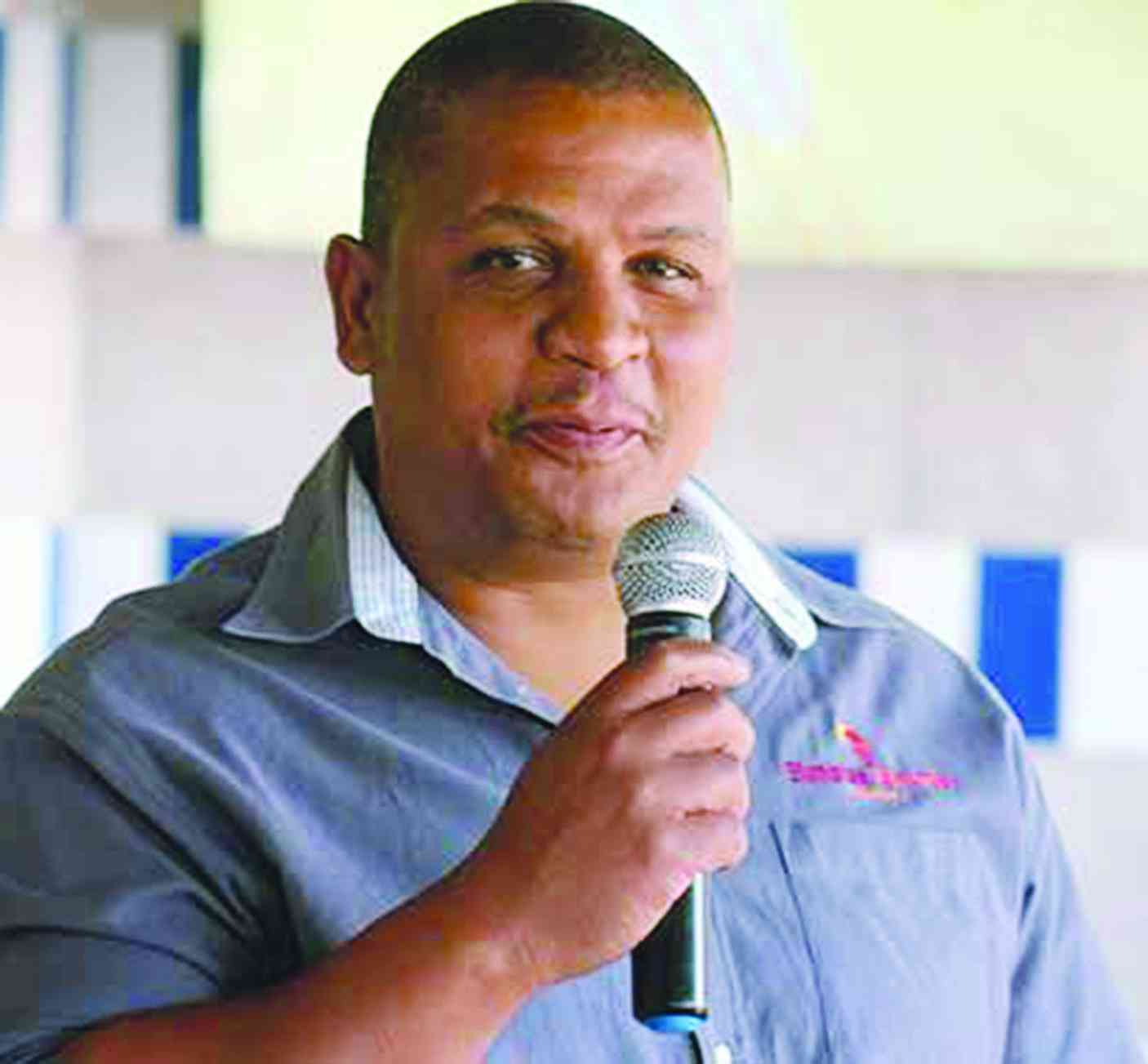
IN Zimbabwe’s largest referral hospital, Parirenyatwa, a life-and-death struggle is unfolding, almost unnoticed by the world.
Dialysis patients, whose very survival depends on regular treatments, are facing a brutal reality: the machines meant to keep them alive are failing, and the critical supplies they need have run out.
The situation has spiralled into a full-blown crisis, with many going for weeks without the life-saving care they need, leading to devastating and preventable losses.
Today we carry a heart-wrenching story about the scenes at Parirenyatwa’s renal unit, where vital dialysis consumables have run out.
The article paints a harrowing picture of a healthcare system teetering on the brink. The act of desperation by 130 critically ill patients, who this week considered petitioning the First Lady, Auxilia Mnangagwa, underscores the depth of the crisis and the failure of the state to fulfil its most basic duty: preserving life.
Dialysis is not merely a medical procedure; it is a lifeline for those whose kidneys have failed.
These patients depend on regular dialysis sessions — usually twice a week — to cleanse their blood and sustain their lives. But now, with half of the dialysis machines at Parirenyatwa Hospital out of service and essential supplies depleted, many patients are enduring up to three weeks without treatment.
The dire state of Parirenyatwa’s renal unit is symptomatic of a broader collapse in the healthcare system. The hospital is facing critical shortages of essential consumables like kidney dialysers, syringes, disinfectants and dialysis catheters, which can cost up to US$350 each.
- Mavhunga puts DeMbare into Chibuku quarterfinals
- Bulls to charge into Zimbabwe gold stocks
- Ndiraya concerned as goals dry up
- Letters: How solar power is transforming African farms
Keep Reading
The majority of Zimbabwe’s impoverished citizens cannot afford the skyrocketing prices of private healthcare. They are left to fend for themselves, battling against a system that is supposed to protect them.
For a nation with 93% of its population not on medical insurance, this shift, where patients have to buy medicines from private outlets, represents a death sentence for those who cannot afford the escalating costs of care.
The burden has fallen hardest on the most vulnerable — those who are already struggling to afford basic necessities like food in a country with an unemployment rate of 90%.
The hospital officials, acknowledging the crisis, have promised that the situation is being addressed. However, this offers little comfort to those facing the immediate threat of death.
While efforts to rectify the situation are underway, the question remains: why were these critical shortages allowed to occur in the first place? How many lives have already been lost due to this preventable crisis?
The fact that the patients are seeking the First Lady’s help highlights a systemic breakdown. It underscores the desperation and urgency of the situation.
We have stated severally that the government must prioritise the health of its citizens. It needs to ensure that essential medical supplies are available and that public hospitals are adequately funded and equipped.
The poor majority do not have the luxury of flying to the Far East, India or South Africa for medical treatment. The money being siphoned through corruption should be spent on health delivery.
The lives of Zimbabwe’s kidney patients and those with chronic illnesses are hanging in the balance, and it is our collective duty to ensure that their voices are heard.
We cannot turn a blind eye. The patients at Parirenyatwa and across the country’s public health institutions are not just statistics; they are mothers, fathers, children, brothers and sisters. Their lives matter.
It is time for us to demand accountability, to push for meaningful reform, and to ensure that no more lives are needlessly lost to a system that has failed them.
Zimbabwe’s kidney patients and all those battling different life-threatening ailments deserve better. They deserve to live.
This comes as the journalism fraternity is deeply saddened by the loss of veteran journalist Simba Rushwaya, who succumbed to colon cancer. On behalf of the Zimbabwe Independent, I extend our heartfelt condolences to Simba’s family during this incredibly difficult time.
Simba was a dedicated journalist whose work left a lasting impact on everyone who had the privilege of knowing him. His passion for the profession will be remembered by all who crossed paths with him. Go well, Comrade.










